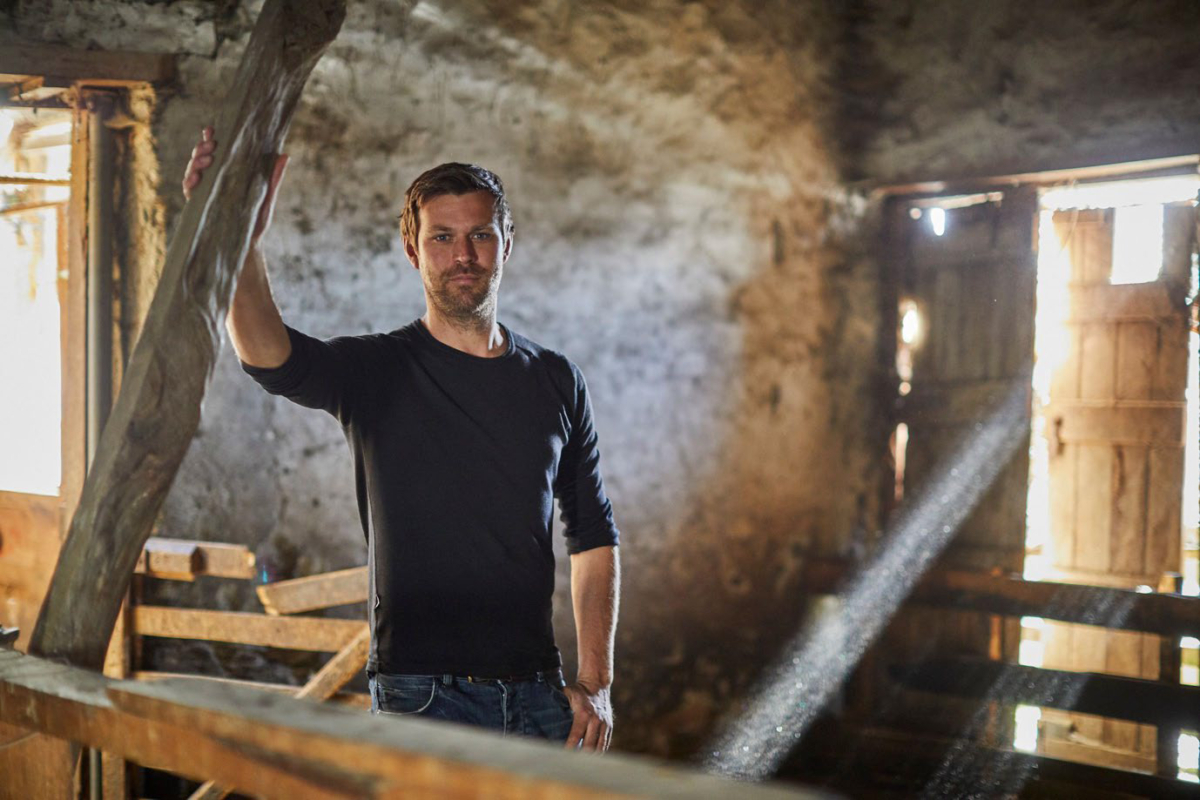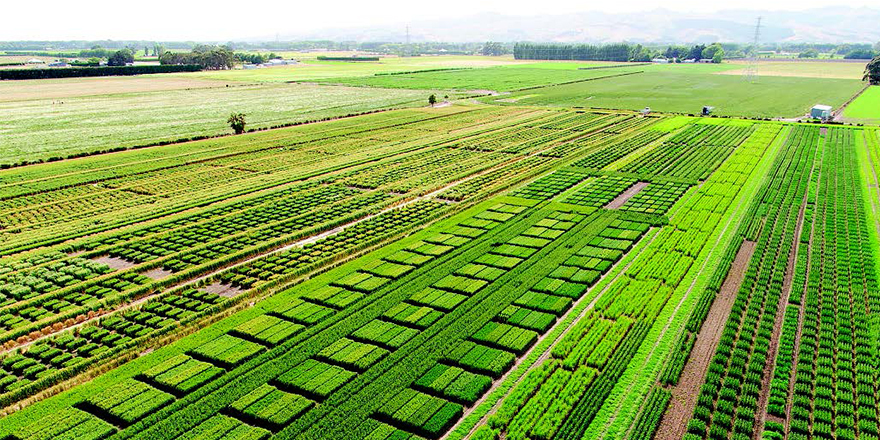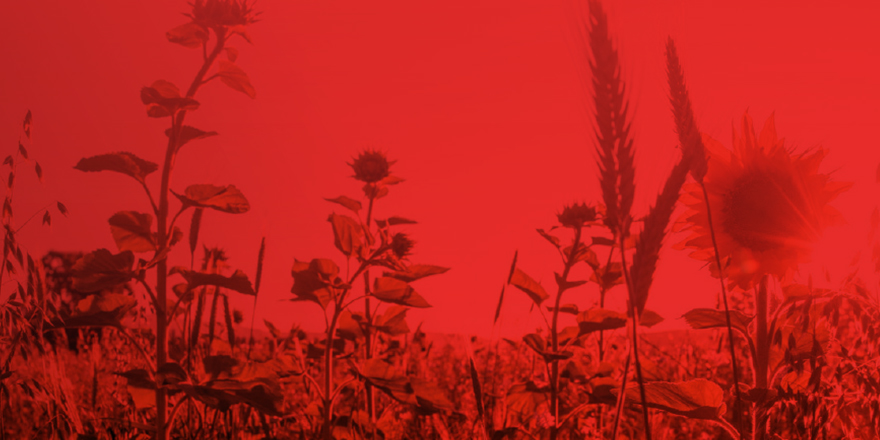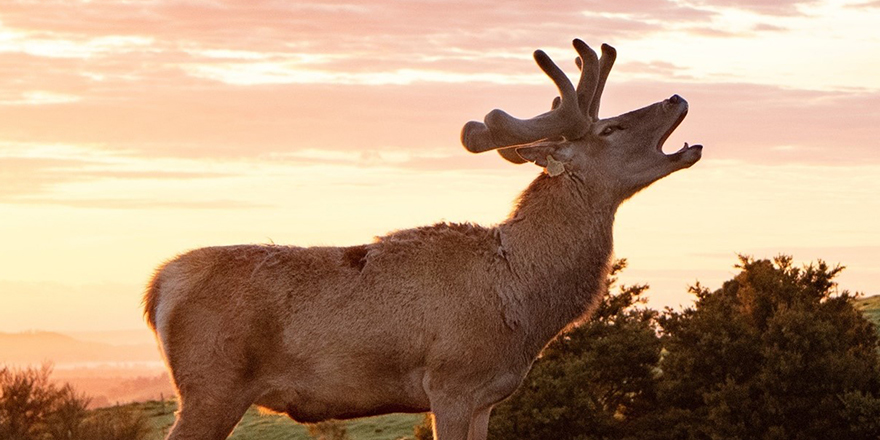New Zealand’s economy has long relied on agriculture and tourism, industries that have shaped national identity and driven export earnings. However, both sectors face growth limitations: agriculture contends with land constraints, environmental regulations, and changing trade dynamics, while tourism is volatile and constrained by infrastructure and environmental capacity. If these industries are nearing their natural limits, the country must consider its long-term economic strategy.
As a small, trade-dependent nation reliant on imports for manufacturing, energy, and technology, New Zealand must prioritise strong export earnings over GDP. Historically, agriculture and tourism have underpinned this, but their uncertain future growth poses challenges.
Lessons from Global Agriculture
This report examines global agriculture for lessons. In Brazil, agriculture is seen as limitless, driven by vast land expansion and investment. In contrast, the UK and Netherlands deliberately constrain farming. The UK pays farmers not to farm under ESG policies, while the Netherlands focuses on high-value niches and supply chain dominance, rather than sheer production. Despite its small size, the Netherlands exports more food than Brazil by controlling logistics, processing, and distribution.
New Zealand aligns more with the UK and Netherlands than Brazil. It lacks vast arable land, and environmental policies limit production expansion. The country is losing farmland: since 2017, over 260,000 hectares of pastoral land have shifted to forestry. Sheep numbers are at historic lows, and processing facilities like Alliance Smithfield have closed due to declining supply. Simultaneously, global trade dynamics are shifting. The EU’s Farm to Fork Strategy tightens environmental standards on imports, and UK trade deals with Australia and South America undermine New Zealand’s competitiveness. Heavy reliance on China, buying 40% of dairy and 30% of red meat, also poses risks.
The Path Forward: A National Conversation
New Zealand’s agricultural growth is likely to be linear, not exponential. This report calls for a national conversation about the next 25–50 years. Should the country emulate Ireland by using tax incentives to attract high-value industries? Should it invest in processing and logistics to retain more export value domestically? Could it lead in renewable energy, digital innovation, or advanced manufacturing?
New Zealand must proactively shape its future. The UK’s experience warns of deprioritising food production without alternatives, while the Netherlands shows that controlling the supply chain can be as valuable as production.
It’s time to ask: What comes next?
Keywords for Search: Carlos Bagrie, Karlos, Bagree





